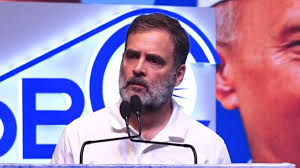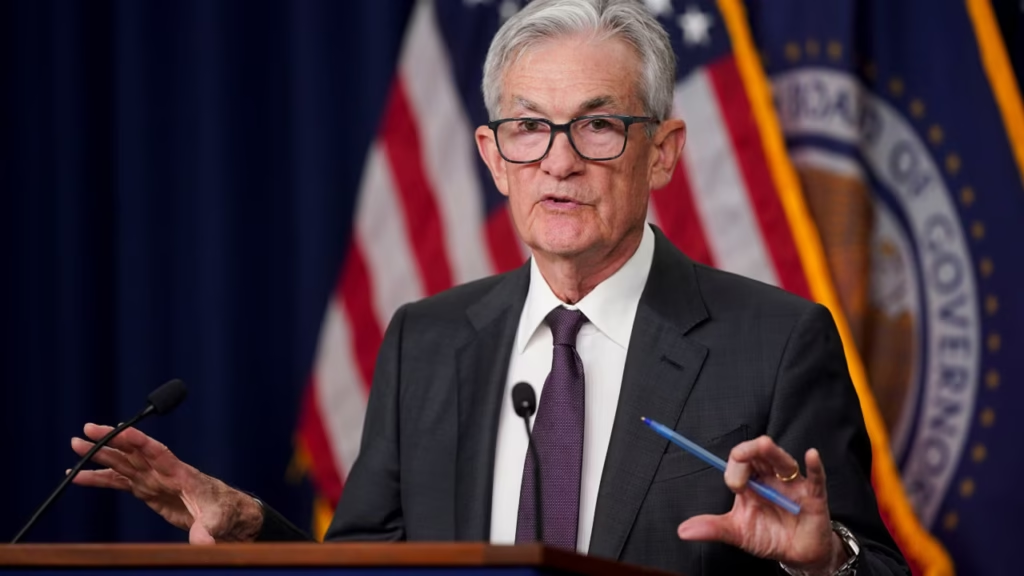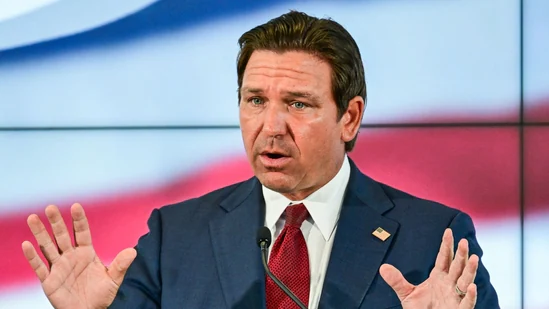Now Reading: Rahul Gandhi Reflects on Past Mistakes, Admits Not Fully Understanding OBC Concerns
-
01
Rahul Gandhi Reflects on Past Mistakes, Admits Not Fully Understanding OBC Concerns
Rahul Gandhi Reflects on Past Mistakes, Admits Not Fully Understanding OBC Concerns

Congress leader Rahul Gandhi has publicly acknowledged that he failed to grasp the true depth of issues faced by the Other Backward Classes (OBCs) earlier in his political journey. Speaking during a recent interaction, he said this gap in understanding is one of his biggest regrets—hinting at a shift in his approach towards inclusive politics.
A Rare Admission in Public Life
In Indian politics, it’s rare to see leaders openly admit past shortcomings. Rahul Gandhi’s remark stands out. He noted that while the Congress had spoken for OBCs, the party had not truly connected with their day-to-day struggles in a meaningful way. He admitted he personally missed the chance to deeply understand the lived experiences of these communities during his earlier years in politics.
This reflection seems to be a part of Congress’s larger narrative to re-engage with backward and marginalised sections in the run-up to future elections.
A Political Shift Towards Social Justice?
Rahul Gandhi’s comment didn’t come in isolation. It followed months of the Congress party highlighting caste-based concerns, demanding a nationwide caste census, and calling for increased representation for backward communities in governance and administration.
Observers see this as part of a broader political strategy, especially with key states and the 2029 general elections on the horizon. The party appears to be reworking its social justice agenda, trying to regain ground among rural and backward class voters where its influence has waned over the years.
Why OBC Politics Matters Now
The OBC population forms a significant share of India’s electorate. In Tier 2 cities and semi-urban areas, their voice has a direct impact on electoral results. With regional parties traditionally dominating this space, Congress’s renewed focus is a clear sign it wants to reposition itself as a serious contender in that arena.
However, it remains to be seen if this introspection will translate into actual policy changes or electoral gains.
Conclusion
Rahul Gandhi’s admission may not change the political equation overnight, but it signals a more grounded and reflective approach to leadership. If backed by action, it could mark a new chapter in Congress’s outreach to OBC communities. Whether voters see it as a genuine shift or a political tactic will depend on what the party does next.

























